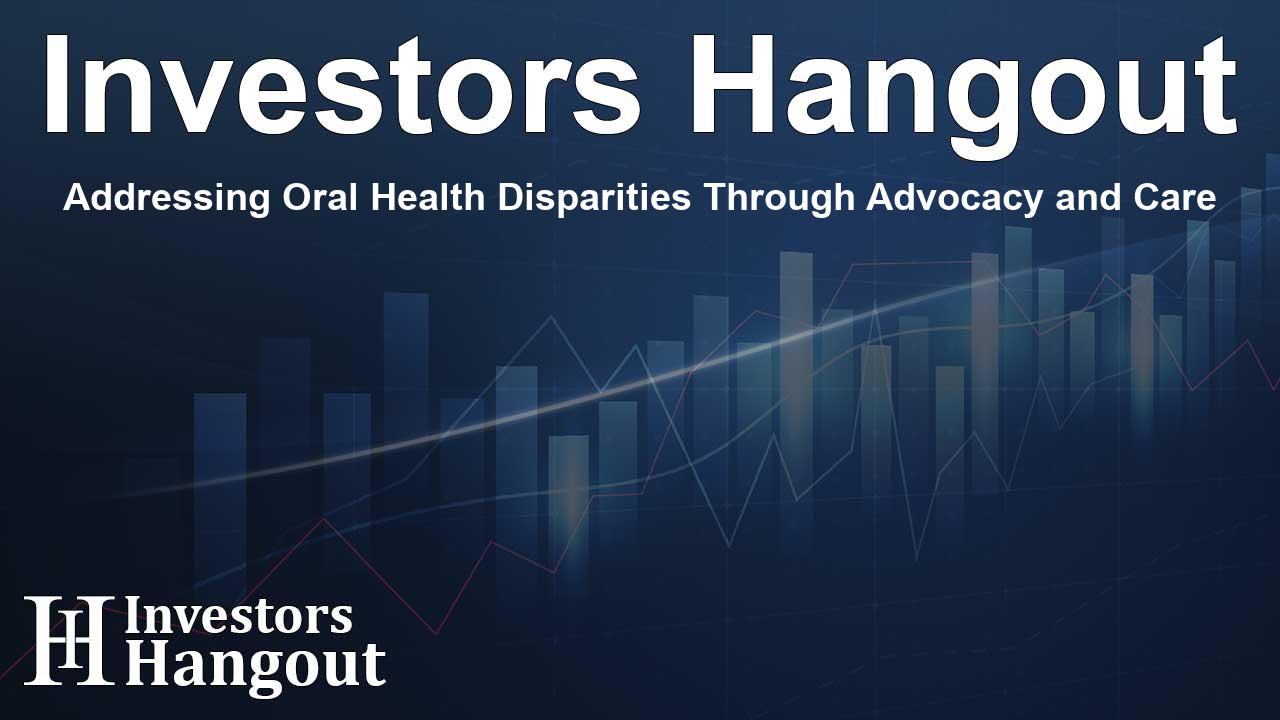Addressing Oral Health Disparities Through Advocacy and Care

Understanding the Impact of Poverty on Oral Health
Benevis recently highlighted serious issues surrounding dental health disparities in its new white paper titled "Poverty Shapes Oral Health." This publication examines how socioeconomic factors severely limit access to dental care for various demographics, especially children, adolescents, and adults from underserved communities. The organization's commitment to ensuring equitable dental care is evident in its dedication to improving oral health among those primarily relying on Medicaid and CHIP plans.
The Current State of Dental Disparities
In recent years, it has become increasingly clear that poverty plays a crucial role in the ongoing issue of unequal access to dental health services. Children and young adults from socially marginalized backgrounds, which includes impoverished and ethnic minority groups, disproportionately shoulder the burden of oral diseases. The white paper presents alarming data on how this burden begins early in life, leading to long-term health issues extending into adulthood.
Key Findings on Oral Health Disparities
The stark contrast in dental health between socioeconomic groups becomes evident when examining various age brackets. For instance, research reveals that children living in poverty are more likely to experience dental decay compared to their higher-income counterparts. Data indicates that children aged two to five from low-income families are twice as likely to have dental issues, highlighting the detrimental effects of poverty on oral health from an early age.
Long-term Consequences of Pediatric Dental Disparities
This white paper emphasizes that the repercussions of these disparities are not transient. Adolescents from low-income families show a similar trend, experiencing untreated decay at double the rate of their higher-income peers. Such cumulative effects extend into adulthood, as research shows that lower-income adults suffer from untreated decay at significantly higher rates than those from affluent backgrounds. This entrenched pattern underscores the urgent need for continued intervention and advocacy.
The Role of Benevis in Promoting Dental Equity
Benevis, recognized for its leadership in dental healthcare delivery, actively seeks to bridge these gaps. Dr. Dale Mayfield, DMD, Chief Dental Officer of Benevis, emphasizes that poverty invariably shapes the dental experiences individuals have, which can reflect their life's journey. While initiatives like Medicaid and CHIP have made strides in improving access, significant barriers remain for many families.
Advocating for Improved Access to Care
Through its extensive network of dental practices, Benevis serves over five million patients annually, with the majority falling under Medicaid and CHIP programs. This commitment includes advocating for policies that promote accessibility for all families, enabling them to receive necessary oral health education and care, regardless of economic standing. The data indicating that a staggering 67% of U.S. dentists do not treat Medicaid patients highlights the critical need for organizations like Benevis to step in and address these challenges.
Looking Towards the Future of Oral Health Equity
The continuing efforts by Benevis aim to not only improve access to dental services but also to tackle the underlying social determinants of health contributing to these disparities. This proactive approach ensures that families receive not just treatment, but comprehensive education about maintaining oral hygiene and health.
Conclusion: A Call to Action
Benevis's white paper provides a compelling narrative and necessary data on the profound effects of socioeconomic status on oral health. It stands as a call to action for policymakers, practitioners, and the community to unite in the fight against dental inequities. Only through collaborative efforts can we hope to provide equal opportunities for care, fundamentally shaping healthier futures for children, adolescents, and adults alike.
Frequently Asked Questions
What is the main focus of Benevis's white paper?
The white paper titled "Poverty Shapes Oral Health" focuses on how socioeconomic status significantly impacts access to dental care, creating disparities across various demographics.
How does poverty affect children's dental health?
Poverty leads to increased instances of dental decay among children, with research showing that those from low-income families face double the risk of untreated dental issues compared to their wealthier peers.
What initiatives is Benevis involved in to address dental inequities?
Benevis aims to expand access to dental care through advocacy for Medicaid and CHIP, ensuring families receive necessary treatment and education related to oral health.
Why is advocating for dental health important?
Advocating for dental health is crucial as it directly influences overall health outcomes and the quality of life for individuals from underserved communities.
What can individuals do to support dental health equity?
Individuals can support dental health equity by promoting awareness, advocating for inclusive policies, and participating in initiatives that aim to close the gap in access to healthcare services.
About The Author
Contact Olivia Taylor privately here. Or send an email with ATTN: Olivia Taylor as the subject to contact@investorshangout.com.
About Investors Hangout
Investors Hangout is a leading online stock forum for financial discussion and learning, offering a wide range of free tools and resources. It draws in traders of all levels, who exchange market knowledge, investigate trading tactics, and keep an eye on industry developments in real time. Featuring financial articles, stock message boards, quotes, charts, company profiles, and live news updates. Through cooperative learning and a wealth of informational resources, it helps users from novices creating their first portfolios to experts honing their techniques. Join Investors Hangout today: https://investorshangout.com/
The content of this article is based on factual, publicly available information and does not represent legal, financial, or investment advice. Investors Hangout does not offer financial advice, and the author is not a licensed financial advisor. Consult a qualified advisor before making any financial or investment decisions based on this article. This article should not be considered advice to purchase, sell, or hold any securities or other investments. If any of the material provided here is inaccurate, please contact us for corrections.
